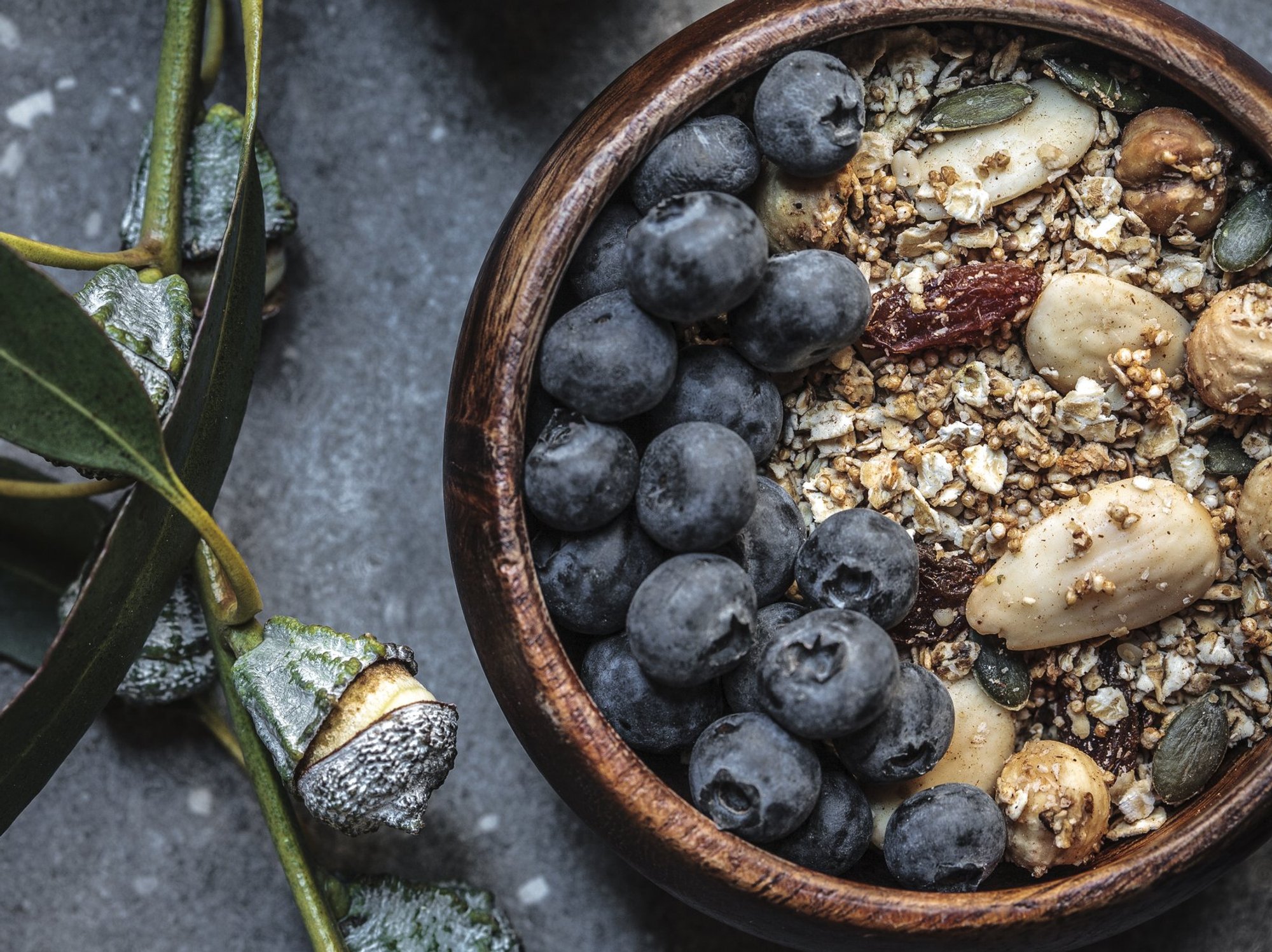How to live longer: Scientists recommend daily drink to fight frailty and boost 'healthy ageing'

Higher habitual coffee consumption may be associated with lower overall odds of frailty
Don't Miss
Most Read
New research suggests that drinking coffee daily could help reduce the risk of frailty in older adults.
A study published in the European Journal of Nutrition has found that regular coffee consumption is associated with a lower risk of frailty in people aged 55 and older.
This is the first study to specifically examine how coffee intake relates to the individual components that make up frailty.
The research was funded by the Institute for Scientific Information on Coffee (ISIC) and builds on previous studies linking coffee consumption to reduced risk of age-related conditions.

Higher habitual coffee consumption may be associated with lower overall odds of frailty
| GETTYResearchers analysed data from the Longitudinal Ageing Study Amsterdam (LASA), following 1,161 adults aged 55 and older over a seven-year period.
The study investigated the relationship between coffee consumption and both the presence and incidence of frailty in these older adults.
Frailty status was evaluated using Fried's five-component frailty phenotype, defined by the presence of three or more symptoms: weight loss, weakness, exhaustion, slow walking speed, and low physical activity.
The results indicated that higher habitual coffee consumption is associated with lower overall odds of frailty.
Each cup in the study was defined as 125ml, with the greatest benefits observed in those consuming four (or more) cups a day.
The findings reinforce previous research published in the European Journal of Preventive Cardiology in 2021, showing that moderate coffee consumption of three to six daily brews is associated with a reduced risk of all-cause mortality.
Researchers explained that coffee's effect on reducing frailty may be attributed to its antioxidants, which can help reduce inflammation and muscle loss.
Coffee may also improve insulin sensitivity and glucose uptake in older people.
The study's lead author, Margreet R. Olthof, Associate Professor at the Amsterdam Public Health Research Institute, commented: "Drinking coffee is a key part of many people's daily routine, and as people age, they are constantly looking for ways to maintain their health.
LATEST DEVELOPMENTS

The greatest benefits observed in those consuming 4 to 6 or more cups daily
|GETTY
"Our findings highlight the possible beneficial association between daily coffee consumption and reduced risk of frailty in later life in the older population.
"Coffee consumption may thus enhance healthy ageing, but it is important we also explore further dietary interventions, to ensure older adults can continue to live fulfilling lives."
These findings align with the European Food Safety Authority's scientific opinion that consuming up to 400mg of caffeine per day, equivalent to three to five cups of coffee, is considered moderate and safe. However, it is worth checking with a doctor before increasing your consumption.
While several studies highlight the benefits of high coffee consumption, others show that it may not offer additional benefits and may have adverse effects.
The Mayo Clinic cautions: "You may want to cut back if you're drinking more than four cups of coffee a day and you have side effects such as headache, insomnia and nervousness."











